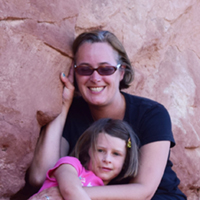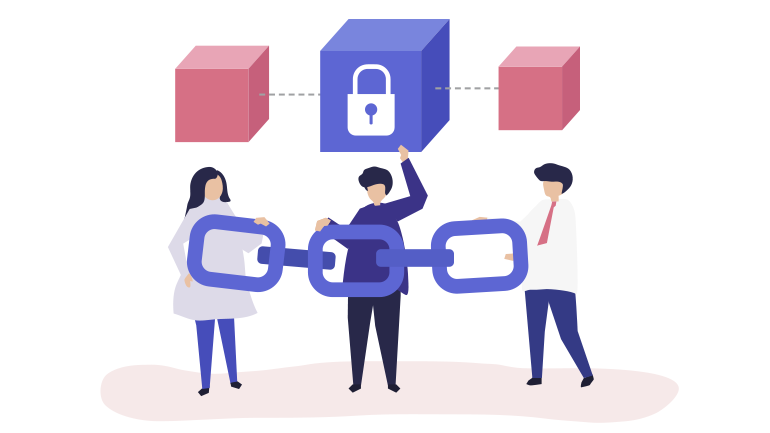If you’re lucky, your only brush with online crime has been a notification that your social security number was involved in a large-scale hack. Or maybe you got a call from your credit card company about some fishy charges, which the card company reversed.
But others have not been so lucky. Ask the Oregon widower who lost $200,000 to a romance scam, a con where a criminal uses a stolen identity to court the victim online, sometimes for months, before asking for money. Or the employees who accidentally allowed their networks to get infected with ransomware — cyberattacks where hackers freeze up systems and demand payment to release them — costing municipalities hundreds of thousands of dollars and some companies millions.
With retirement accounts, mortgages, credit cards and pretty much every aspect of our financial lives now accessible online, practicing cybersecurity is now at least as important as locking your front door. Criminals are well aware that online is where the money is. Reports to the FBI of financial losses due to cybercrime have more than tripled in the past four years, to $3.5 billion.
Fortunately, you don’t have to depend on luck to protect your money and privacy online. And you don’t have to be a computer expert, either. Here are some cybersecurity measures that anyone can take to stay safe online.

Stay up to date
Morgan Stanley advises clients to turn on automatic updates for all your devices. Hackers often exploit security flaws in older operating systems, and one of the reasons that companies issue regular updates is to patch those flaws. Don’t fall behind!
Be wary of strangers, even if they feel like friends
Whether you meet someone on an online dating app, while playing an online game, or through Facebook, no matter how great they seem, asking for money is the reddest of flags. If this happens, stop communicating with them immediately.
The Federal Trade Commission puts it bluntly: “Never send money or gifts to a love interest you haven’t actually met. It’s a romance scam.”
Don’t click that link
Whether it comes in an email, an instant message or on a social media app, if someone sends you a link, don’t click on it unless you know exactly what it is and why they sent it, advises the University of California, Berkeley’s Information Security Office. The link may be an attempt at phishing, which means that clicking it might download a harmful program onto your device.
“Be skeptical of any email that you aren’t expecting. Password thieves may insist that immediate action is necessary and may pretend to be your friend or some other trusted entity,” UC Berkeley warns.
Double lock your financial sites
Morgan Stanley recommends using multi-factor authentication for any web site or app you use to access your money. In such a set-up, you don’t just need a password to get into your online banking account, you also have to go through a second step. For instance, if you sign up for multi-factor authentication, your bank may text or call you with a one-time-use code every time you enter your password. This is an extra layer of protection, sort of like locking both the doorknob and the deadbolt of your door.
These are just a few of the steps everyone should be taking to avoid falling victim to hackers. Cybercrime is always changing, so it’s a good idea to stay up to date and pay attention to your bank or other institutions’ latest recommendations for keeping hackers away from your hard-earned funds. Good cybersecurity practices protect your privacy — and money.
How to Help:
So many in our communities are facing unspeakable hardships right now. Find a list of nonprofits that need your support on our Better List.
More from Better:
- Beating COVID Investment Paralysis: Portfolio Tips From Top Wealth Managers
- 18 Feel-Good Movies and TV Shows to Lift Your Spirits Right Now
- Telemedicine: What You Need to Know About Virtual Health Care in the Face of COVID-19
 Carrie Kirby spends a lot of time asking people about something they think about but rarely talk about: money. Her work on personal finance, business and technology has appeared in San Francisco Magazine, The San Francisco Chronicle, Wise Bread and more publications. She lives on an island (Alameda) with her husband and three kids, and blogs about family travel and mileage rewards at The Miles Mom.
Carrie Kirby spends a lot of time asking people about something they think about but rarely talk about: money. Her work on personal finance, business and technology has appeared in San Francisco Magazine, The San Francisco Chronicle, Wise Bread and more publications. She lives on an island (Alameda) with her husband and three kids, and blogs about family travel and mileage rewards at The Miles Mom.

